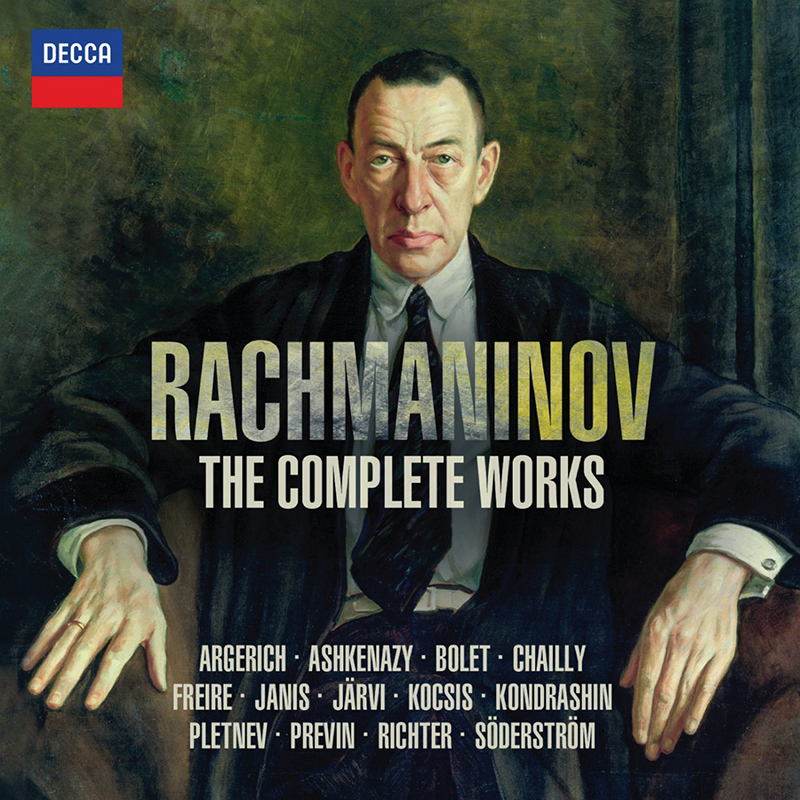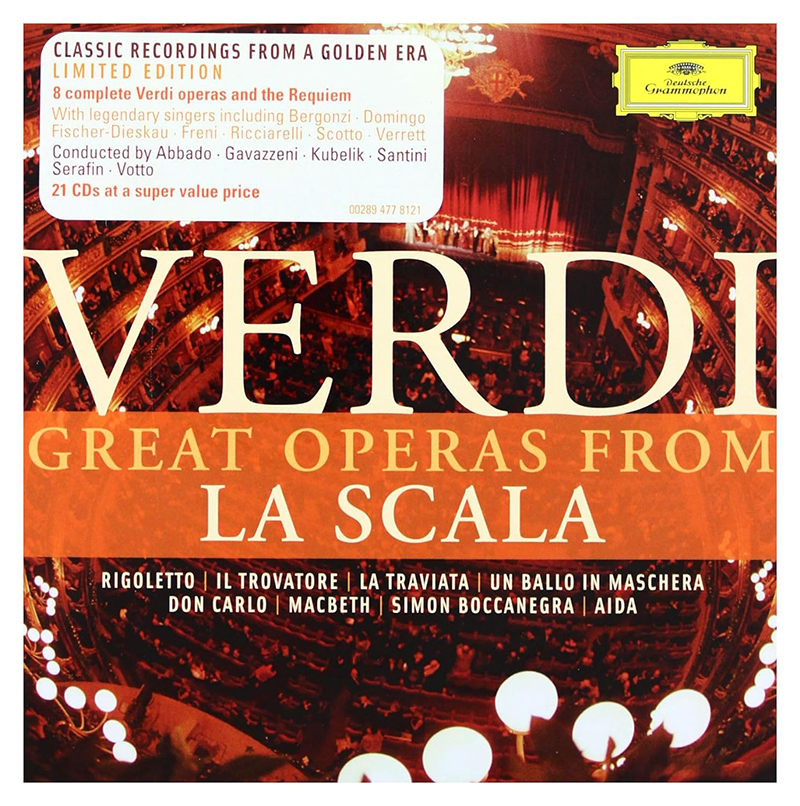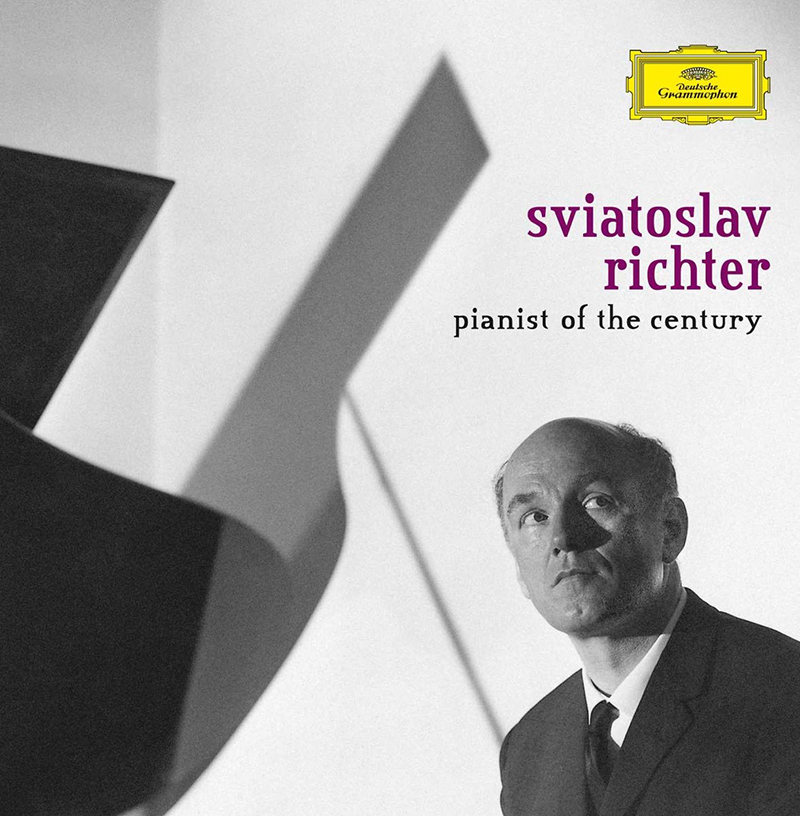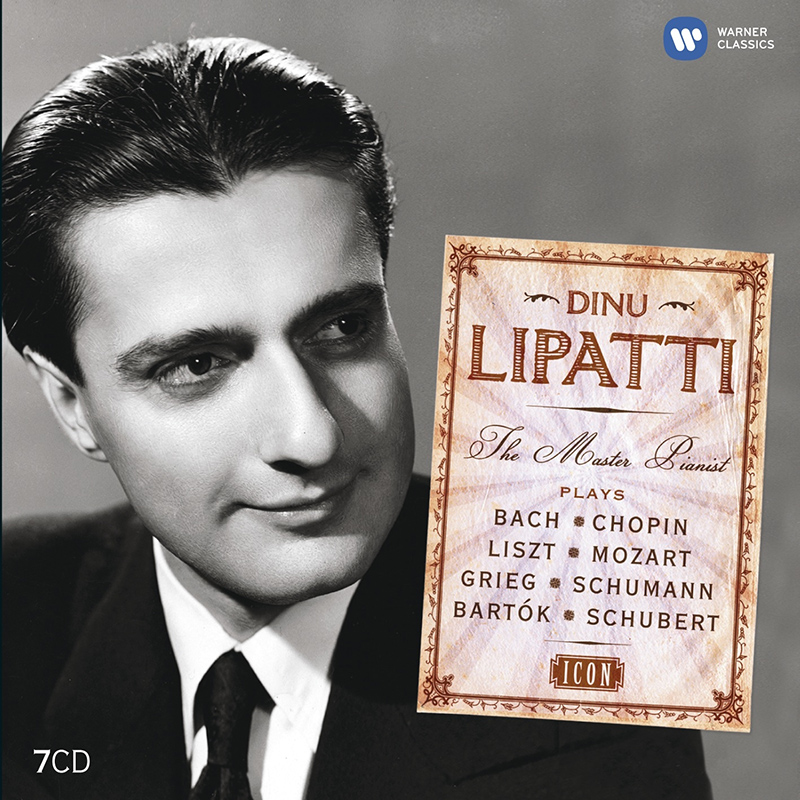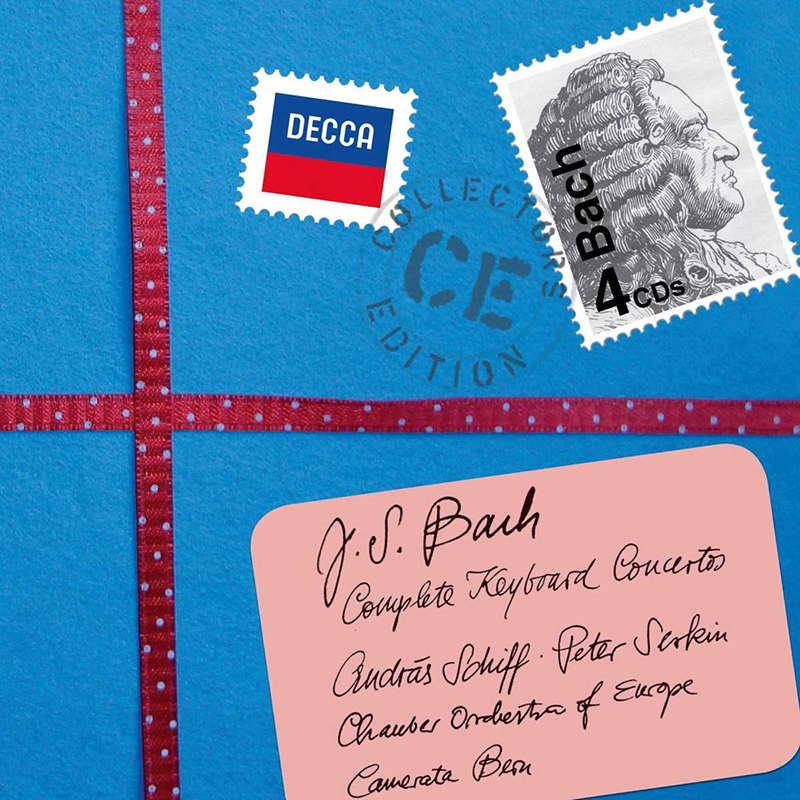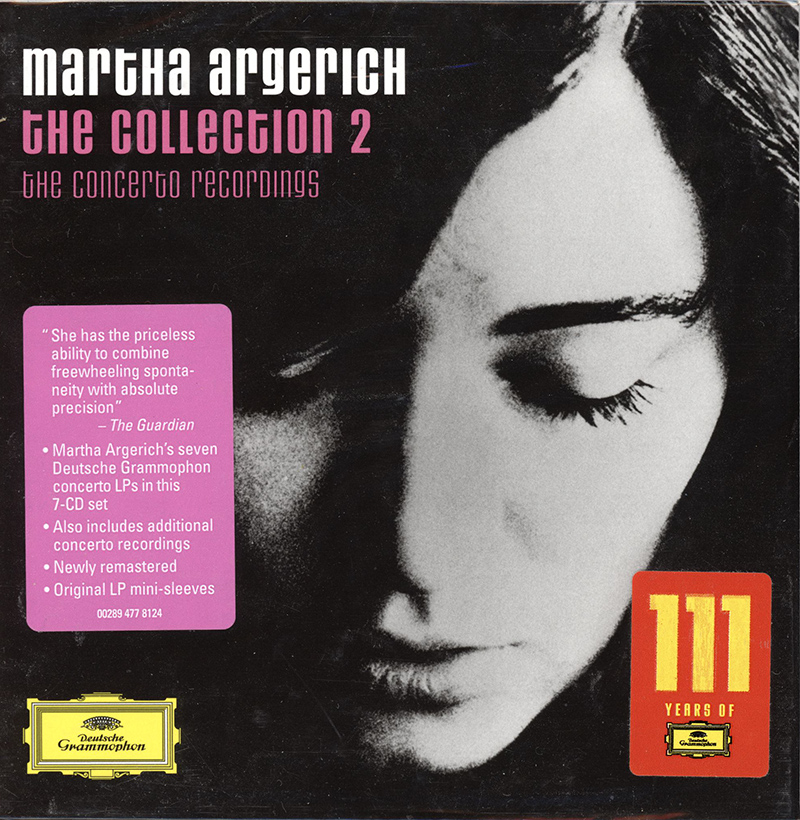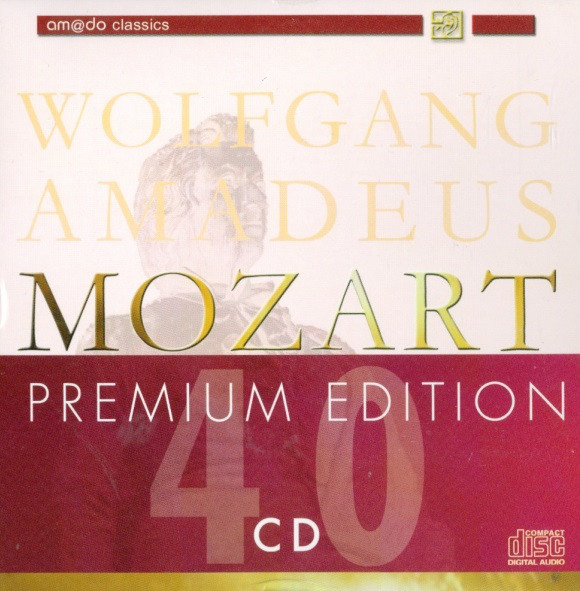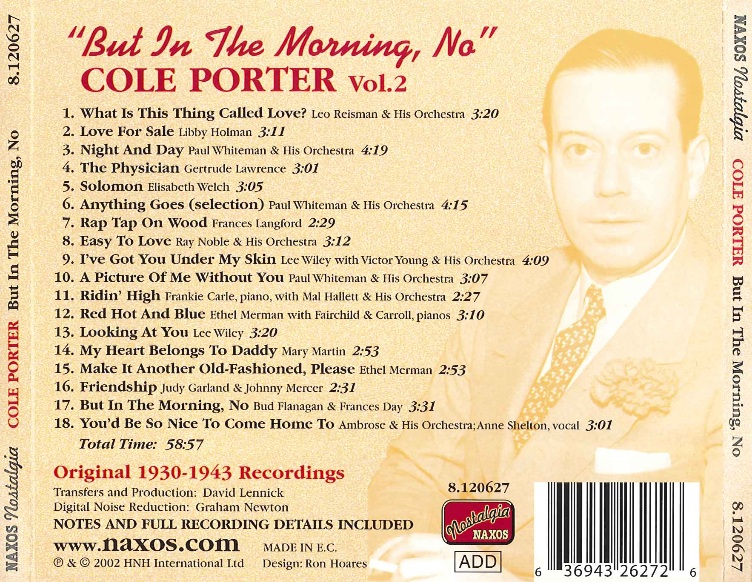Logowanie
KOLEKCJE!
BACH, CHOPIN, LISZT, MOZART, GRIEG, Dinu Lipatti, Otto Ackermann, Ernest Ansermet
The Master Pianist
PROKOFIEV, CHOPIN, TCHAIKOVSKY, SCHUMANN, BEETHOVEN, Martha Argerich, Claudio Abbado, Giuseppe Sinopoli
The Concerto Recordings
The Collection 2
Jakość LABORATORYJNA!
ORFF, Gundula Janowitz, Gerhard Stolze, Dietrich-Fischer Dieskau, Deutsche Oper Berlin, Eugen Jochum
Carmina Burana
ESOTERIC - NUMER JEDEN W ŚWIECIE AUDIOFILII I MELOMANÓW - SACD HYBR
Winylowy niezbędnik
ClearAudio
Essence MC
kumulacja zoptymalizowana: najlepsze z najważniejszych i najważniejsze z najlepszych cech przetworników Clearaudio
Direct-To-Disc
PIAZZOLLA, ChamberJam Europe
Tangos del Ángel y del Diablo
Direct-to-Disc ( D2D ) - Numbered Limited Edition
PORTER, Ambrose And His Orchestra, The Tommy Dorsey Orchestra, Judy Garland
But In The Morning No. - Vol.2
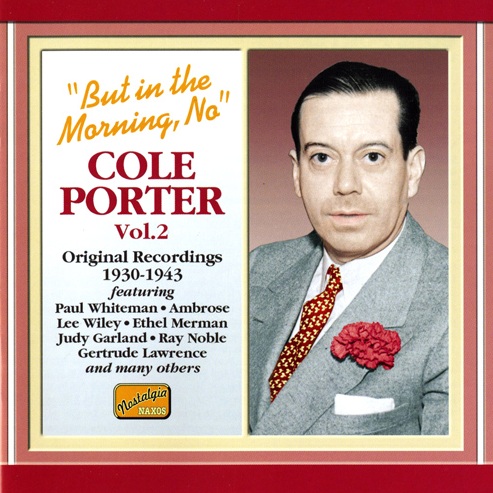
- The Tommy Dorsey Orchestra - orchestra
- Judy Garland - vocal
- Ambrose And His Orchestra - orchestra
- PORTER
Original Recordings 1930 - 1943
"Quite apart from summarising the Jazz Age, these oft-quoted lines stand as a monument to the sophisticated mind that penned them, for unlike so many of his colleagues including Gershwin and Kern, Cole Porter’s policy (from 1920 onwards) was to write his own lyrics. Born with a gift for words, he instinctively trusted his own powers of imagery and music — and became past master of both. Cole Porter was born into a well-to-do family in Peru, Indiana, on 9th June, 1891. His autocratic, millionaire paternal grandfather J.O. Cole had been a gold prospector in California in the 1850s (he later bought a brewery and made vast sums as a general entrepreneur) before returning to run a successful mid-West family fruit farm. Cole’s father Samuel, overshadowed and overawed by J.O., despite continuing to run the farm, died prematurely in 1927, from drug abuse. Cole’s closest affinity was therefore to his mother who from an early stage nurtured his outstanding musical talent. Proficient at piano and violin, Cole wrote songs from the age of ten and, at thirteen, in 1905, was enrolled at the Worcester Academy. He graduated first to Yale (gaining a BA there in 1913) then to Harvard where, instead of law as prescribed, he studied music. At Harvard, Cole wrote songs for college shows and his first published songs were first heard in the 1915 Broadway musicals Hands Up and Miss Information, while his own first show on the Golden Mile, See America First (1916), with a cast headed by Clifton Webb, ran for a mere fifteen performances. Next, he served in WWI in the French army, where his roles were variously reported as corporal, captain, US aviator and — far more likely — as pianist to a behind-the-lines relief organisation. In 1918, he collaborated with Melville Gideon for the London revues Very Good, Eddie and Telling The Tale, while in 1919 a further Porter number was heard in the British capital, in The Eclipse. His first real hit, "Old-Fashioned Garden", was one of five contributions to Raymond Hitchcock’s 1919 Broadway revue Hitchy Koo. This show ran for two years, securing Cole’s financial independence and before long he and his wealthy wife, the Kentucky-born divorcee Mrs. Linda Lee Thomas, were established members of Parisian high society. As a man of private means, Porter never needed to work for a living. His reputation steadily grew, nonetheless, from his various interpolations to revues, notably Buddies (Broadway, 1919), As You Were (Broadway, 1920), A Night Out (London, 1920), Mayfair And Montmartre and Phi-Phi (both London, 1922), Hitchy Koo Of 1922 (Broadway, 1922) and Within The Quota (Paris,1923) and his first major landmark, Greenwich Village Follies Of 1924 (Broadway, 1924). In Paris, in 1928, he wrote two numbers for La revue des Ambassadeurs and, in New York, his show Paris included his early ‘anthem’ "Let’s Do It" (a song somewhat exceptionally co-written with E. Ray Goetz and Walter Kollo and sensationally introduced in the show by French cabaret star Irene Bordoni backed by Irving Aaronson’s Commanders), while on Broadway again, in 1929, in Fifty Million Frenchmen "You Do Something To Me" got its first airing. Also in 1929, but premiered early that year in London, Wake Up And Dream (starring Tilly Losch and Jessie Matthews) ran 136 Broadway showings and offered What Is This Thing Called Love? plus a reprise of "Let’s Do It". In The New Yorkers (Broadway, 168 performances, 1930), whilst Jimmy Durante interpolated "Hot Patatta" and other non-Porter comedy numbers, Ann Pennington first aired Love For Sale (here we have a US No. 5 Libby Holman cover version of the song originally lambasted by an American critic for being "in the worst possible taste" ) and in 1932 The Gay Divorcee provided Cole Porter with another milestone and its creator in the show Fred Astaire with a US No.1 with Night And Day. When filmed in 1934 (RKO; Astaire and Gingers Rogers) this, probably the most famous of all Porter’s songs, was the only item preserved from the show’s original score. A vehicle for the combined talents of Gertrude Lawrence and Elisabeth Welch, the 1933 London revue Nymph Errant (154 performances) contained some of the cleverest of Porter lyrics, including The Physician and Solomon, but for durability and wit these pale beside the clutch of quintessential hits introduced by Ethel Merman in his next New York milestone, Anything Goes (420 performances), notably the imperishable Anything Goes, You’re The Top and I Get A Kick Out Of You, all synonymous with the famous Merman "foghorn" style also heard to good effect in later Porter successes. Partly inspired by London’s forthcoming Silver Jubilee celebrations for King GeorgeV, Jubilee (Broadway, 1935) was conceived by Porter during a world cruise. Founded on a book by Porter’s friend Moss Hart, it ran for 169 performances and contained, among other songs, "Begin The Beguine", "Just One Of Those Things" (this last a featured song of the 1946 Warner Brothers Cole Porter biopic Night And Day) and Picture Me Without You. In 1936, Porter’s so far sporadic forays into Hollywood continued with Born To Dance (for MGM), chronologically only his fifth film to date. A sort of re-make of 42nd Street, it was defined by Variety as "a corking entertainment" (co-starring Eleanor Powell, James Stewart, Virginia Bruce and Frances Langford, it baptised the Porter standards Rap Tap On Wood, Easy To Love and the Oscar-nominated I’ve Got You Under My Skin) while the same year on Broadway Red, Hot And Blue (183 performances) presenting the combined comic shenanigans of Merman, Durante and Hope offered, apart from a rousing title-number, "Deep In The Depths On The 90th Floor", "It’s De-Lovely" and Ridin’ High. During 1937, Porter’s creations centred on Hollywood with the "thin but lively comedy" Break The News and the "lavish, ornate, tinselled and glittering" Rosalie (for MGM) but returning to Broadway in 1938 with Leave It To Me, a show whose roster of 291 performances boasted Sophie Tucker and the legendary dancer Tamara, Porter regaled the world with more ‘Songbook Classics’, including "Get Out Of Town" and My Heart Belongs To Daddy (a No.1 chart hit for its creator in the show Mary Martin). From 1940 until 1960 Porter remained intermittently active in both theatre and film. Panama Hattie (Broadway, 1940), featuring Merman and acolyte Betty Hutton, ran a record 501 performances in its first production and included the memorable Make It Another Old-Fashioned, Please (filmed in 1942 by MGM, as a show this also ran for 308 performances in a subsequent London production, in 1943) while in Something To Shout About (Columbia, 1943: "a tolerable musical comedy" vehicle for Don Ameche and Janet Blair, co-starring William Gaxton and Perry Como) his standard You’d Be So Nice To Come Home To was christened with another Oscar nomination." Peter Dempsey, 2002
